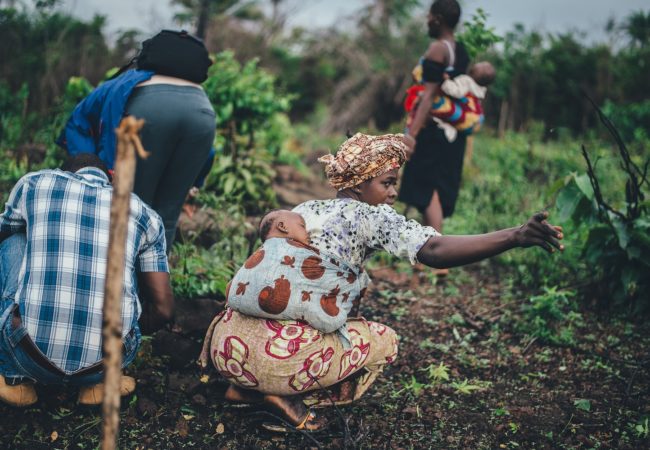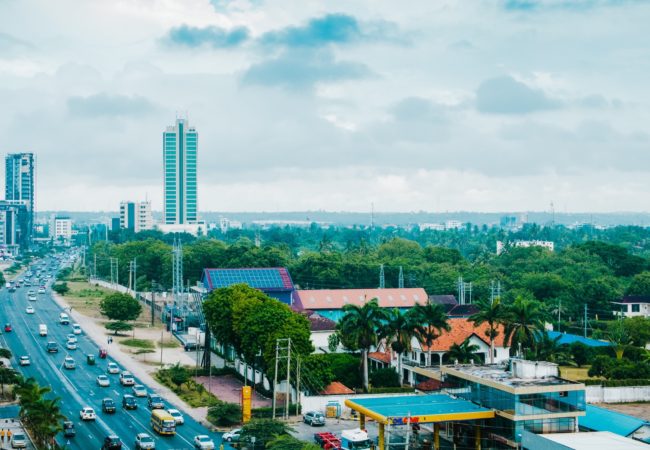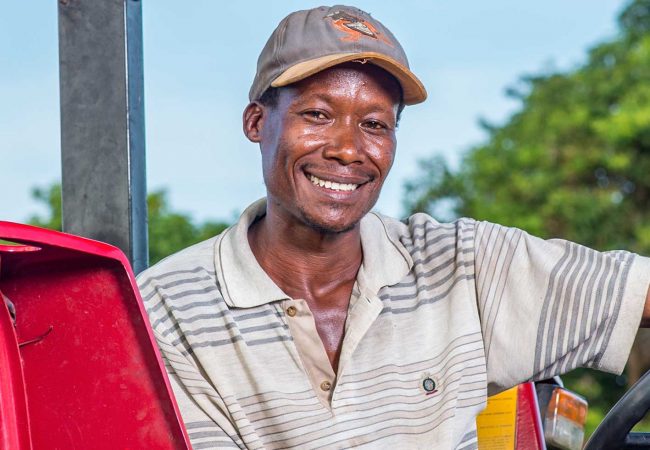What is the Issue?
This case study analyzes a programme that was designed to promote the integration of Brazilian small farmers into a productive biodiesel value chain managed by Petrobras Biofuels, an oil producer. If successful, this policy would act as a sustainable rural economic development tool for poor regions in Brazil and a counterpoint to large industrial farms that help perpetuate rural inequality. This integration posed a challenge for the government because similar policies had never been successfully implemented on such a large scale in a country as vast and diverse as Brazil. Another difficulty in designing the programme was combining the production of large-scale and small-scale farmers, both having different production models with the former using soy, while small-scale farmers relying primarily on castor as raw material for biodiesel.
What process is proposed/used to ensure Smallholder Voices (SHV) were heard by policy makers?
Within the context of this programme, the key stakeholders that the smallholder farmers were contracted with were Petrobras Biofuels (as the buyer) and EMATER-PI, a technical assistance institute. Although not by design, technical assistance provided by EMATER was the only situation where smallholder farmers directly engaged with parties outside their community. Most other interactions between Petrobras and them were mediated by third parties within their community that varied from local community groups or supply chain middlemen.
What was the (expected) outcome of this process?
In theory, the focus on providing technical assistance to farmers was meant to generate trust through repeated contact between farmers and technical specialists and the demonstration of positive results emanating from their advice. However, this technical assistance was not modified to incorporate the needs of the farmers and account for their community rules. Hence, technical assistance failed to change farmers’ perception that growing castor was a high-risk activity. Additionally, with farmers limited decision-making opportunities in the process (e.g. multi-cropping options), assistance increasingly became perceived as a rigid tool for monitoring and control.
What key lessons can be learnt? Is this process replicable?
Although, smallholder agricultural producers were integrated into a biodiesel value chain, the focus on technical support without commensurate socio-cultural innovations undermined involvement, trust and the overall success of the programme. A chief source of disincentives for farmers was their lack of engagement in the programme design and the lack of a direct link connecting them to external agencies. Perhaps these constraints and more could have been envisaged and a more promising programme designed if the smallholder farmers had been involved in the policy formulation process that eventually generated this partially successful programme.
Is this process sustainable? What is the latest assessment of the impact of this process?
While we were unable to obtain a recent update on how this process has progressed, the paper indicates that Petrobras subsequently moved towards increased participation by creating more opportunities for direct engagement, creating local associations, and bringing in more farmers in its network by widening its biodiesel sources to include sunflower and cotton.
Download Case Study




0 Comments